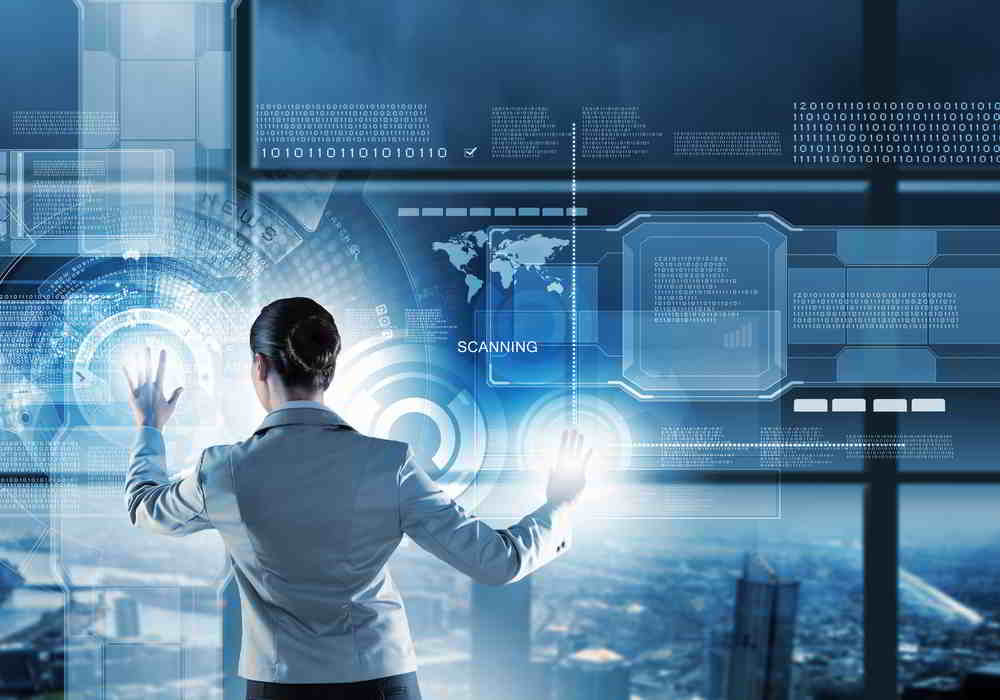Dell Technologies released the Future of Connected Living – new research exploring how emerging technologies will transform how we live by the year 2030. The research, conducted in partnership with Institute for the Future (IFTF) and Vanson Bourne, surveyed 4600 business leaders across 40+ countries. The findings detail a future brimming with opportunity as advancing technologies hold the potential to drive human progress across the world.
Emerging technology driving major shifts
IFTF and forum of global experts forecast that technologies such as edge computing, 5G, AI, Extended Reality (XR) and IoT will combine to create five major “shifts” in the coming decade. These shifts will have the power to change lives across the globe.
IFTF forecasts the following shifts between now and 2030:
- Networked Reality: Over the next decade cyberspace will become an overlay on top of our existing reality as our digital environment extends beyond televisions, smartphones and other displays.
- Connected Mobility and Networked Matter: The vehicles of tomorrow will essentially be mobile computers. We will trust them to take us where we need to go in the physical world as we interact in the virtual spaces available to us wherever we are.
- From Digital Cities to Sentient Cities: Cities will quite literally come to life through their own networked infrastructure of smart objects, self-reporting systems and AI-powered analytics.
- Agents and Algorithms: We will each be supported by a highly personalized “operating system for living” that is able to anticipate our needs and proactively support our day-to-day activities to free up time.
- Robot with Social Lives: Robots will become our partners in life-enhancing our skills and extending our abilities. Robots will share newfound knowledge to their social robot network to crowdsource innovations and accelerate progress, in real-time.
“Currently, a new era of human-machine alliances is on the horizon. Over the next decade, the most powerful and successful relationships between people and computers will be those that are symbiotic and make use of their respective complementary strengths. We can envision a world where everything around us will be more intelligent, communicative, and connected. Innovations such as artificial intelligence, networks, and devices will help us in enhancing and optimizing our lives.” said Mr. Alok Ohrie, President and Managing Director, Dell Technologies, India. “However, to ensure that tomorrow’s technology enables a smarter and a better life for everyone, we need to think systematically about what the future may hold and then make better decisions in the present. These strategic decisions will create an opportunity for a more balanced, equitable and enjoyable life for ourselves, as our world becomes more alive with intelligent devices.”
Anticipating Change
Many businesses are already preparing for these shifts. For example, the survey of 4600 businesses found that:
- 87% businesses in India expect that they will restructure the way they spend their time by automating more tasks (76% globally)
- 81% surveyed in India say they would welcome day-to-day immersion in virtual and augmented realities (56% globally)
- 74% of the business leaders surveyed in India say they would welcome people being fitted with technology that controls computers with their mind (brain computer interfaces) (56% globally)
Navigating Challenges
These major technology-led shifts may challenge people and organizations that are grappling with change, according to the research. Organizations that wish to harness the power of the new emerging technologies will need to take steps to effectively collect, process and deploy data to keep pace with rate of rapid innovation.
Additionally, concerns around the fairness of algorithms that do everything from decide how companies hire to who is eligible for loans must be addressed, as will growing concerns from the public about data privacy. Governments will need to learn how to work together to share and deploy their data if cities are to go from digital to sentient.
Business leaders are already anticipating some of these challenges:
- 73% of surveyed businesses leaders in India say they consider data privacy to be a top societal-scale challenge that must be solved (Globally: 74%)
- 48% of the surveyed in India call for AI regulation and clarity on how it’s used (Globally: 44%)
To execute the research, IFTF relied on its decades-long study on the future of work and technology, the latest Dell Technologies research, and experts from across the globe. The Future of Connected Living is the third and final part in a three-part research series that includes The Future of the Economy and The Future of Work, both of which were released earlier in 2019.
About this research
Dell Technologies has partnered with the independent futures research group, Institute for the Future (IFTF), to explore how emerging technologies will reshape our lives over the next decade. The research builds on the organizations’ collaboration in 2017, when IFTF distilled informed opinions from 20 experts from around the world and forecast the ‘next era of human-machine partnerships.’ A year later IFTF is forecasting how a new dynamic between human and machine will transform our lives in 2030.
To execute this, IFTF relied on its decades-long study on the future of technology and its impact on humanity, alongside in-depth interviews with relevant stakeholders from across the globe.
About Institute for the Future
Institute for the Future (IFTF) is the world’s leading futures thinking organization. For over 50 years, businesses, governments, and social impact organizations have depended upon IFTF global forecasts, custom research, and foresight training to navigate complex change and develop world-ready strategies. IFTF methodologies and toolsets yield coherent views of transformative possibilities across all sectors that together support a more sustainable future. Institute for the Future is a registered 501(c)(3) nonprofit organization based in Palo Alto, California. For more, visit www.iftf.org.
Related Story
Trend Micro’s 2020 Predictions – Escalating Cloud and Supply Chain Risk









